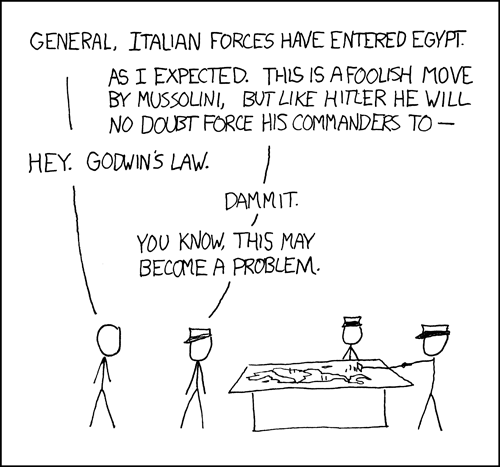I’ve been thinking about my approach to the Bible. The first five weeks of college have been pretty intense for me – but probably not as intense as they have been for other people who possibly feel like the rug has been pulled out from under their feet a little when it comes to the way theologians treat the Bible and the interaction between the historical context and theological truths. Here is my thinking…
My overarching understanding, or first principle, is that the Bible is the clear word of God, our job is to make sense of it based on what we know of the original audience, the way God communicates, and ultimately the work of Jesus. This understanding colours my understanding of everything from Genesis to Revelation, and each form of biblical literature.
Theology is like science – we’re constantly moving to a more perfect understanding of each part of the Bible as we build our picture of the lives of the original hearers and readers of the word. We’re unlikely to ever completely overturn our current “theories” based on this evidence, but we will gain a slightly more nuanced picture of the meaning of different writings if we learn something new about what was going on in the first century (NT) or in the history of Israel.
So understanding that “this current distress” that Paul talks about in 1 Corinthians 7 may refer to a massive famine in the Corinthian region means we don’t have to assume that Paul was a failed apocalyptic prophet who thought the world would end in his lifetime, but rather that he thought it wise for couples not to marry if they couldn’t feed likely offspring. Revelation makes more sense if you understand that Nero was on the scene around the time it was written, that the number 666 was particular to Nero, and that Rome was persecuting Christians around the time it was written… this makes more sense to me than some sort of dispensational premillenialism.
Which leads me to this point of applying Occam’s razor to every “theological” position. If there’s a better explanation that requires less jumps, that is consistent with the rest of scripture, and preferably magnifies the work of Christ – then I’ll be pretty prepared to take that explanation quickly – rather than fighting to hold on to ingrained presuppositions.
Again, I don’t think this is rocket science or revolutionary – it’s just something I’ve been thinking about.
